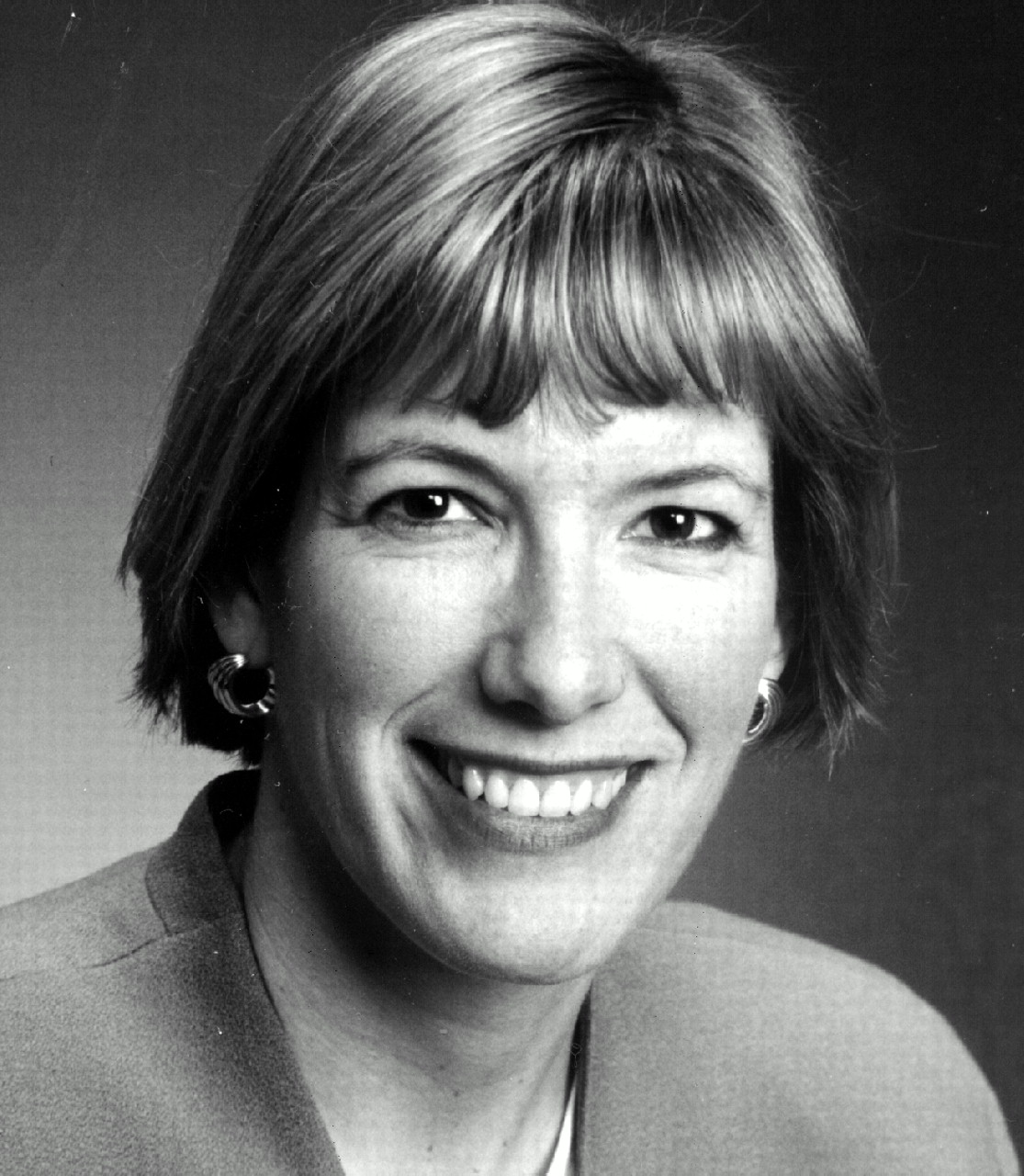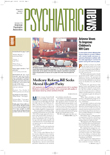Two and a half years ago, I was an apolitical being. I had never even voted. (As a Canadian citizen living in the U.S., I am not even eligible.) I was a pregnant PGY-3 preoccupied far more with outpatient psychiatric training and family issues than any political concerns.
So when my training director at the University of Massachusetts, Dr. Sheldon Benjamin, asked me if I would like to run for APA’s member-in-training trustee-elect, I was frankly surprised. “MITTE?” I said. “What’s that?”
Today, I am deeply grateful to Dr. Benjamin for thinking of me and to Dr. Paul Appelbaum, my department chair and then secretary of APA, for officially nominating me. I am also grateful to my husband, who for years has been active in his professional organizations, for encouraging me. Without their nudging and support, I doubt I would have become involved in organized psychiatry anywhere near to the degree that I have. And I would have missed an extraordinary opportunity.
The advantages of APA involvement are difficult to enumerate. They go way past tangibles like journal subscriptions or cost-of-meeting deductions. Involvement provides an education, both formal and informal; a sense of empowerment; and, most important, a sense of connection.
We all know about the formal education piece. APA’s meetings and publications provide an extraordinary source of knowledge. For residents, publications like the new Ethics Primer (mailed to all residents this year) and the reference guide for practice management are practical and useful.
But the informal education is probably more important and really only comes from some in-depth participation. By sitting on the Board of Trustees, for example, I have learned about a multitude of things: effective leadership, organizational politics, running a meeting, getting things done within an organization, structure and function of budgets, Robert’s Rules of Order, information systems, the media, advocacy—I could go on and on. I have recently been cowriting a paper on hospital administration and was pleased to discover that, although never an administrator, I had learned much about administrative issues implicitly from my APA experience.
The sense of empowerment is more difficult to elucidate. It comes in part from a simple shift in assumptions: moving from the tacit belief that nothing I do can make a difference in the larger scheme of things to the conviction that we all have a potential role to play. Overcoming the initial inertia, moving from the passive to the active posture, brings with it a sense of power and even enjoyment. I liken it to writer’s block: Sitting in front of a blank screen feels overwhelming. Once launched into the writing process, the job seems not only doable but fun.
I’m reminded, too, of our work as therapists. We are trained to listen, to empathize, to facilitate; any more-active role can seem out of character, overly assertive. Power is a complicated notion for psychiatrists, a fact of our work that we seem more inclined to disavow than to own. And yet assuming the assertive role can feel surprisingly satisfying. There is power in developing all sides of ourselves—the passive, the active, the facilitative, the assertive.
Empowerment also comes from the sense of connectedness (although some might say that is a uniquely feminine perspective). As with so many things in life, my greatest satisfaction in working at APA has been getting to know some of its people. With 38,000 or so members, the range is huge. Clearly, I connect with those members I meet in very different ways, and not all will be “soul mates.” But as with other experiences of working with people, I have found that we share a great deal.
In particular, we share a work that is deeply unusual and demanding. We have both the privilege and the burden of coming face to face with humanity every day. We know more about our patients than many people know about their close friends. We see people’s greatest vulnerabilities and also their most extraordinary strengths. It can be an emotional roller coaster for everybody. And for psychiatrists, it can feel enormously lonely.
Loneliness and isolation are huge threats to the psychiatrist, I believe. Not only do they undermine a personal sense of well-being, but they can distort our reactions to things, most importantly our patients. We can feel alone, undervalued, under siege. We can lose the careful calibration of our internal emotional barometers, which are so important in our work with patients.
And so peer support, group supervision, and, yes, APA meetings, both district branch and national, become very important. When I walk into an APA meeting now, I see familiar and friendly faces. I know people to whom I can turn for advice or with whom I can share experiences. I hear about developing problems and also new opportunities. I can watch the career trajectories of my mentors and learn from them. Most of all, I have friends.
So for all this, and more, I thank you, APA. ▪

